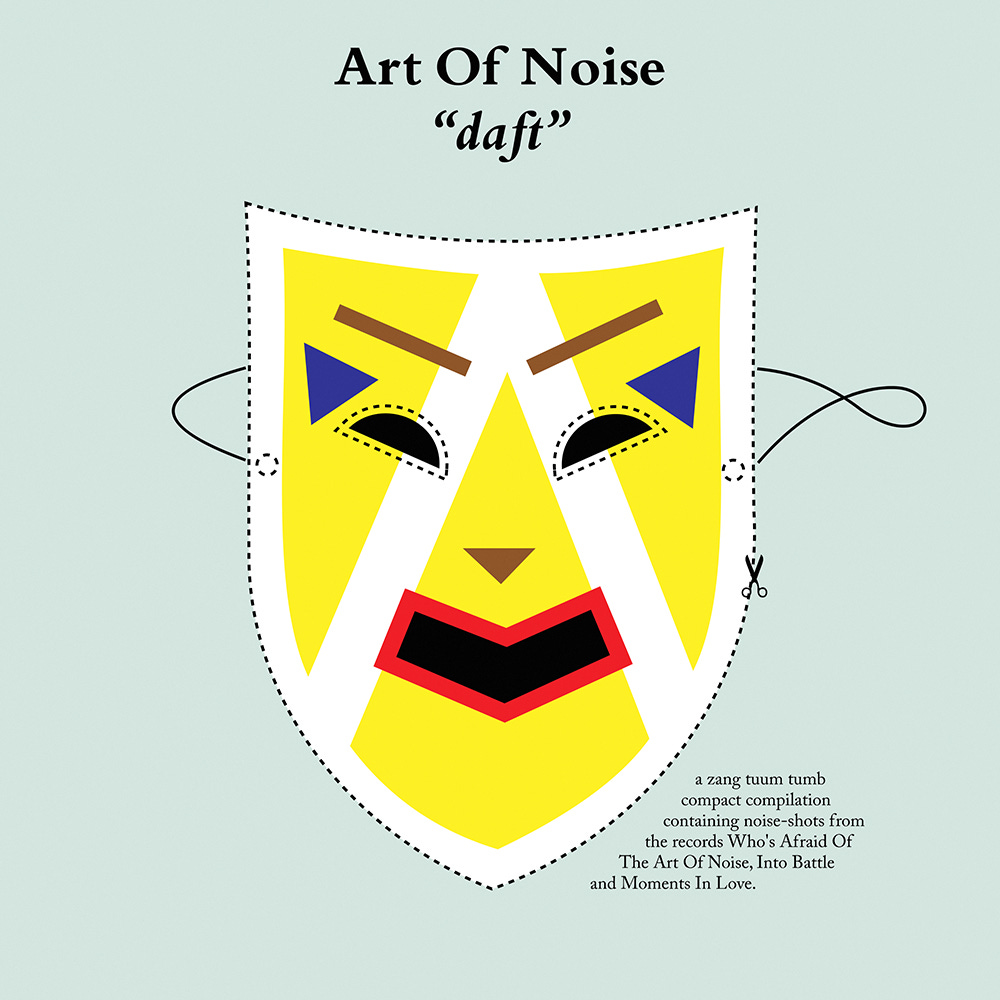
Let’s talk about music. Because really, Portland doesn’t matter today. I have other kinds of issues to deal with. Let’s work through them.
I’m paying too much for music.
I want local copies of all of my digital music.
I want backup physical copies of my most important CDs.
I’m confused about all of the new music technology.
I want more music, cheap.
Some of…
Keep reading with a 7-day free trial
Subscribe to Stoic Observations to keep reading this post and get 7 days of free access to the full post archives.




